The continuous movement of water between the Earth and its atmosphere.
Water Cycle
a force opposes the motion of another object; making the object slow down, or giving it traction to get moving
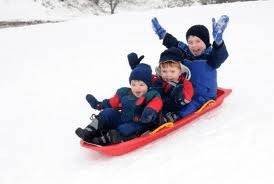
Friction
If you were to weigh a car's sealed air bag before and after it inflates the weight would ...

Stay the same
When you lift weights, you primarily use...
Muscular System
This type of organism breaks down other dead organisms.
Decomposer
The change of state from a gas to a liquid.
Condensation
a comparison of an object's location on a map to other things on the map
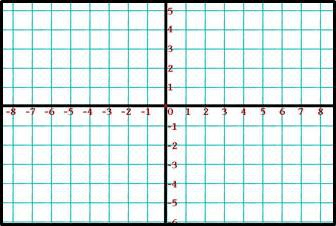

Position
Why was the weight of the fire snake slightly less after it was lit on fire?
Some of the matter escaped as gas
Which two body systems are involved in inhaling oxygen and exhaling carbon dioxide?
circulatory and respiratory
This type of organism makes its own food.
Producer
Rain, snow, sleet, or hail that falls from clouds to the Earth's surface.
Precipitation
the force that pulls down
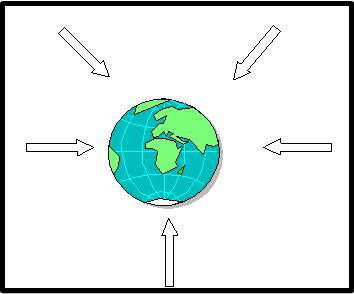
Gravity
Was Zoe's flash paper trick magic? Why or why not?
No, it was not magic - the flash paper transformed into gas
What system carries digested simple substances from the digestive system to other parts of the body?
Circulatory System
Which of the following is an abiotic factor in an ecosystem?
A. worms
B. fish
C. birds
D. clouds
Clouds
The downward movement of water through soil and rock due to gravity. 
Percolation
the measure of the amount of matter in an object
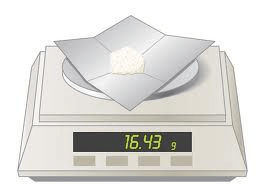
Mass
If you could see the weight on the scale before and after Izzy burns the candle do you think it would increase, decrease, or stay the same?
Decrease, because...
The trachea is part of which organ system?
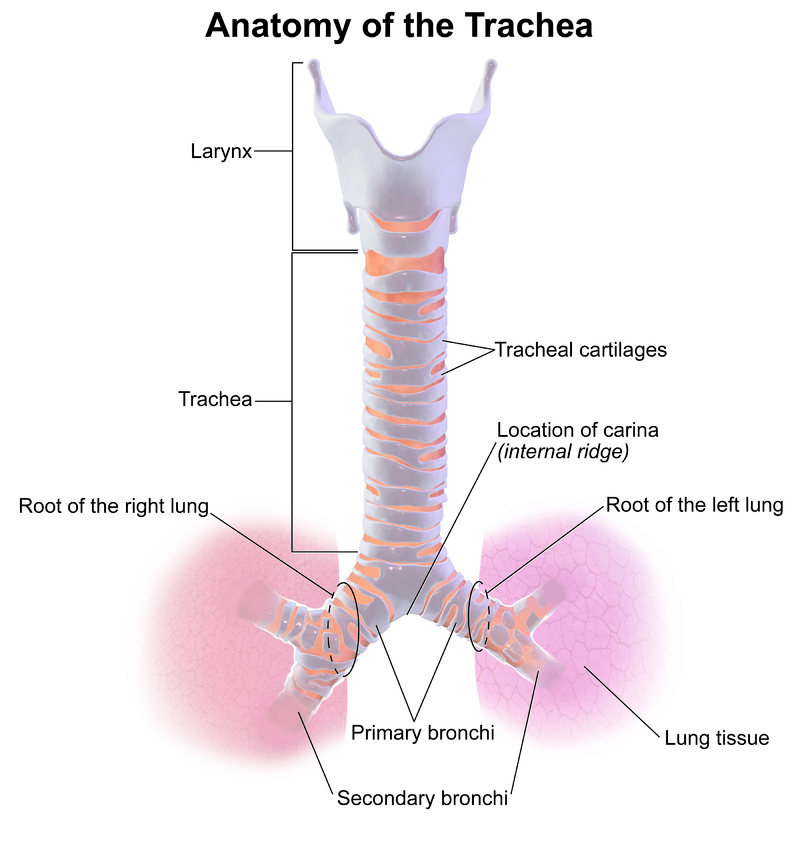
Respiratory
All of the organisms living in an ecosystem make up a...
A. population
B. community
C. habitat
D. biome
Community
Water that flows across the land and enters rivers and streams. It eventually flows into lakes and the ocean.

Runoff
the more force you apply, the greater the acceleration
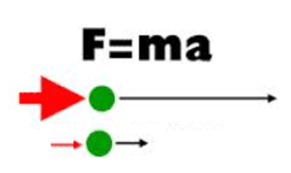

acceleration/ Force relationship
What is the smallest known unit of matter that forms a chemical element ?
An atom
Which organ converts food into waste?
Large intestine
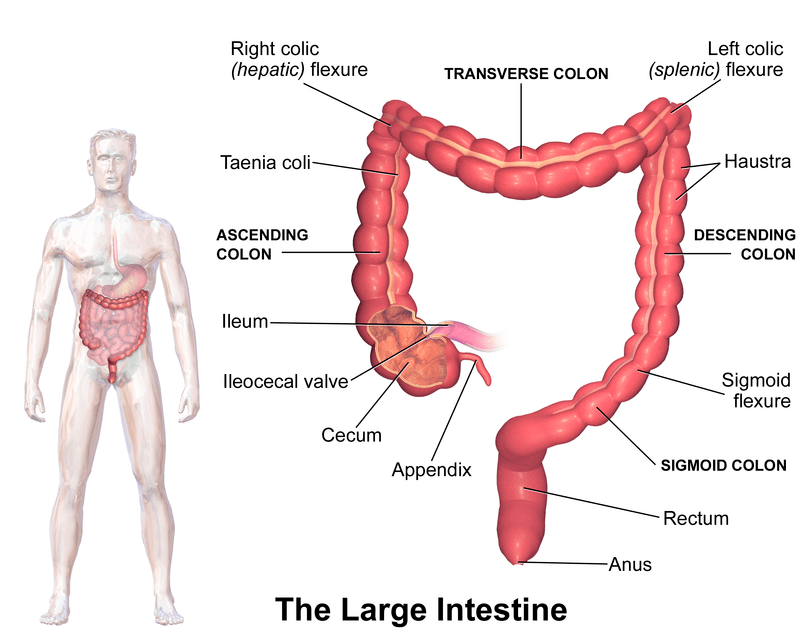
This is a large system of animals, plants, and organisms that live together.
An ecosystem
Vaporization that occurs at the surface of a liquid below the liquid's boiling point.
Evaporation
distance over time
Speed
What is the law which states matter can not be created or destroyed it can simply change forms?
The law of conservation of matter
Where is the smallest bone in your body?
The smallest bone in your body is in your ears
A camel lives in what ecosystem?
Desert
The water evaporates from the leaves of plants and moves into the air.
Transpiration
speed in a given direction
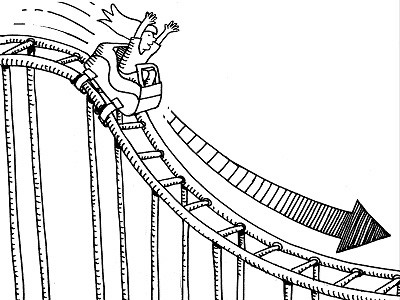
Velocity
What are the results of a chemical reaction?
Products
Which body part does not stop growing your entire life?
Eye or nose
True or False: The Great Barrier Reef is the world's largest coral reef on earth.
True
The water beneath the Earth's surface.
Ground Water
change in speed or direction of speed
Acceleration
Freezing water is a physical or chemical change?
Physical Change 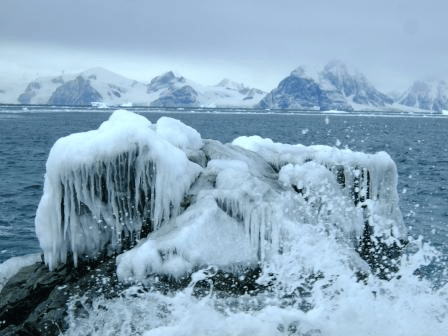
What is the largest organ?
Skin
Food chains always start with a __________
Producer
The region of land drained by a river system.

Watershed
is a measure of gravitational force between earth and an object
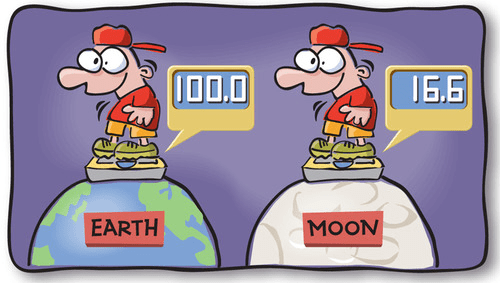
Weight
Baking a cake Physical or chemical change?
Chemical Change 
Which organ filter's blood?
Kidneys
There are two different types of physical environments in ecosystems: ______________ and _____________.
Terrestrial and aquatic.
resistance to change in motion
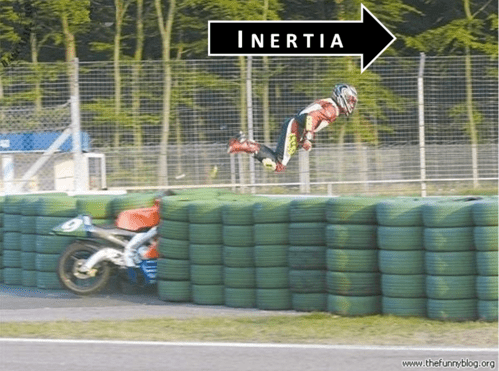

Inertia
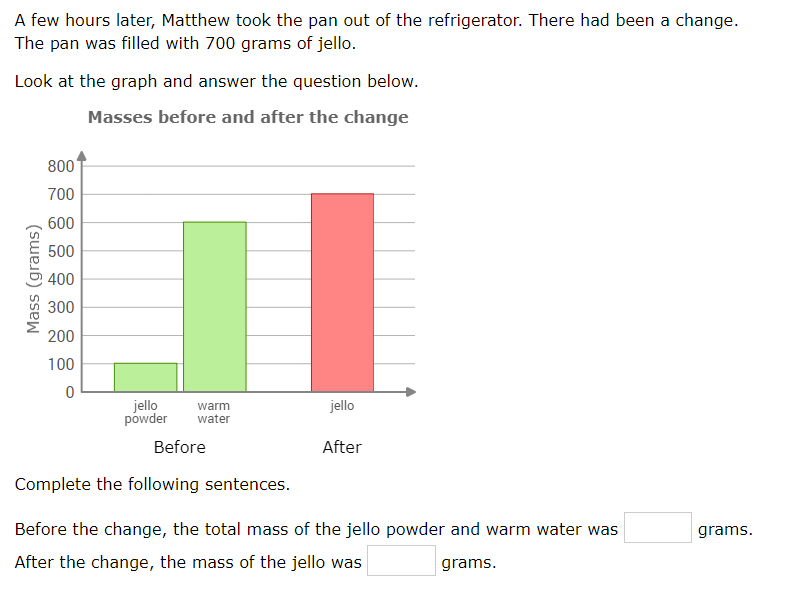
700, 700
This organ cleans the blood, acting as a filter.
Liver
Tell us the four types of terrestrial ecosystems.
Forests(Temperate, deciduous, Tropical) , grasslands, deserts and polar regions (Tundra, Taiga)